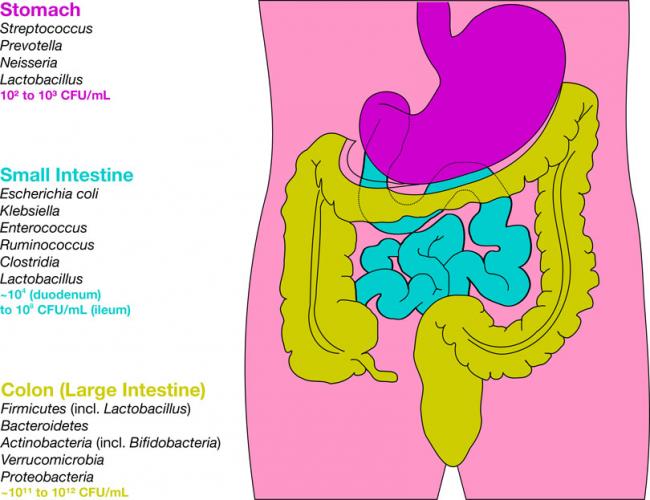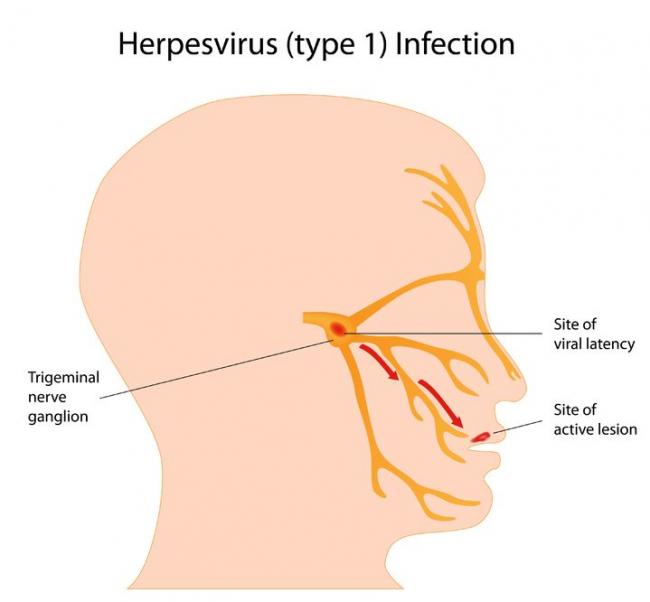October 25, 2019
Health Canada is advising Canadians that soft-shelled hyperbaric chambers that are promoted online or offered as a service to treat a variety of medical conditions—including autism, cerebral palsy and migraines—are unauthorized medical devices and may pose serious health risks, including death.
Oxygen therapy using hard-shelled hyperbaric chambers is a well-established medical treatment where patients are placed in an oxygen-rich and pressurized environment. While Health Canada has licensed five hard-shelled hyperbaric chambers for sale in Canada, it has not licensed any soft-shelled devices, meaning they have not been evaluated for safety, quality and effectiveness.
To date, Health Canada has not received any evidence supporting the benefits of the soft-shelled version of these devices, and manufacturers have not demonstrated that the soft-shelled models are effective for treating any medical conditions.











